Some scams are so well-polished that even seasoned travelers fall for them. These aren’t your typical pickpocket warnings or sketchy taxi drivers. These scams hide in plain sight. From hotel lobbies to Instagram-worthy day trips, the setups are slick, the actors convincing, and the damage often goes unnoticed until it’s too late.
Knowing what to look out for makes all the difference when you’re thousands of miles from home. Here’s a list of 15 travel scams that catch even the savviest tourists off guard.
Fake Front Desk Calls

You’re relaxing in your hotel room when the phone rings. It’s supposedly the front desk asking to verify your credit card information due to a system error. They sound polite and professional—but they’re not calling from the lobby.
Scammers often call random hotel rooms late at night, hoping sleepy guests will read off card numbers without thinking. Always go down to the front desk in person for anything involving payment info.
Rigged Taxi Meters
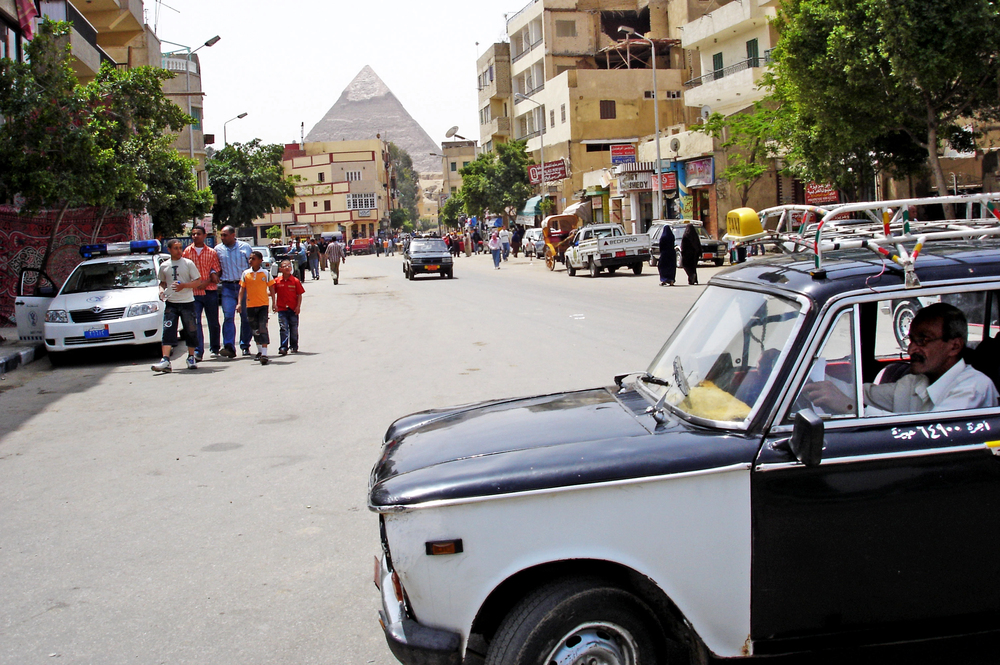
Some taxis look official but have meters rigged to run faster than normal. The driver might take the longest route, or pretend the meter is broken and ask for a flat rate that’s much higher than usual.
Even in cities with trusted cab services, this trick still shows up near airports and major tourist sites. If your driver avoids turning on the meter or pressures you for a price up front, it’s best to get out and look for another ride. Using a verified ride-share app is usually a safer bet.
Like Travel Pug’s content? Follow us on MSN.
“Free” Bracelets or Trinkets
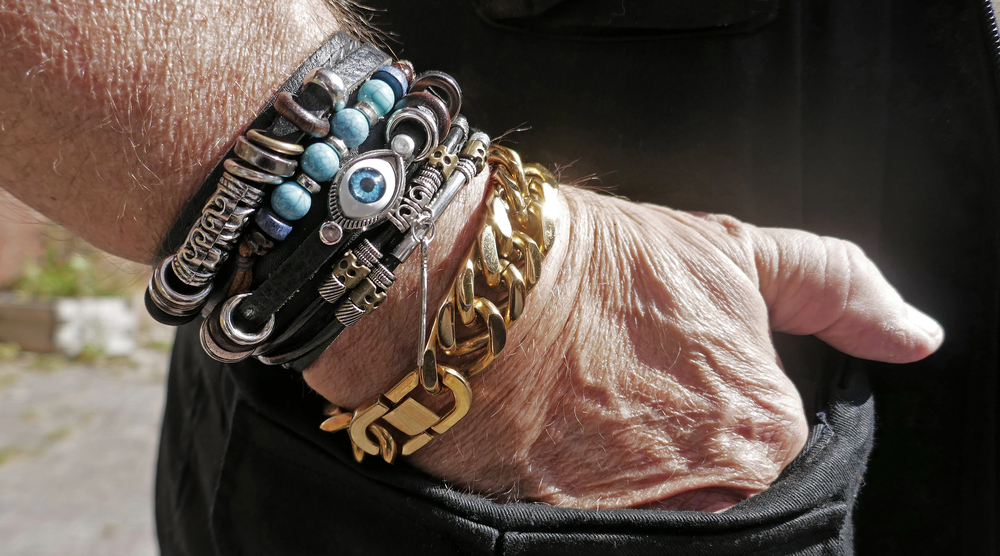
Vendors in busy tourist spots will offer to tie a bracelet on your wrist or hand you a small trinket, saying it’s a gift or part of a local tradition. Once it’s in your hand or tied on, they demand payment and make a scene if you refuse. It’s uncomfortable and designed to make you pay just to avoid the drama.
Walking confidently and not making eye contact helps signal that you’re not an easy mark. Keep your hands to yourself and avoid accepting anything you didn’t ask for.
Fake Police Checks
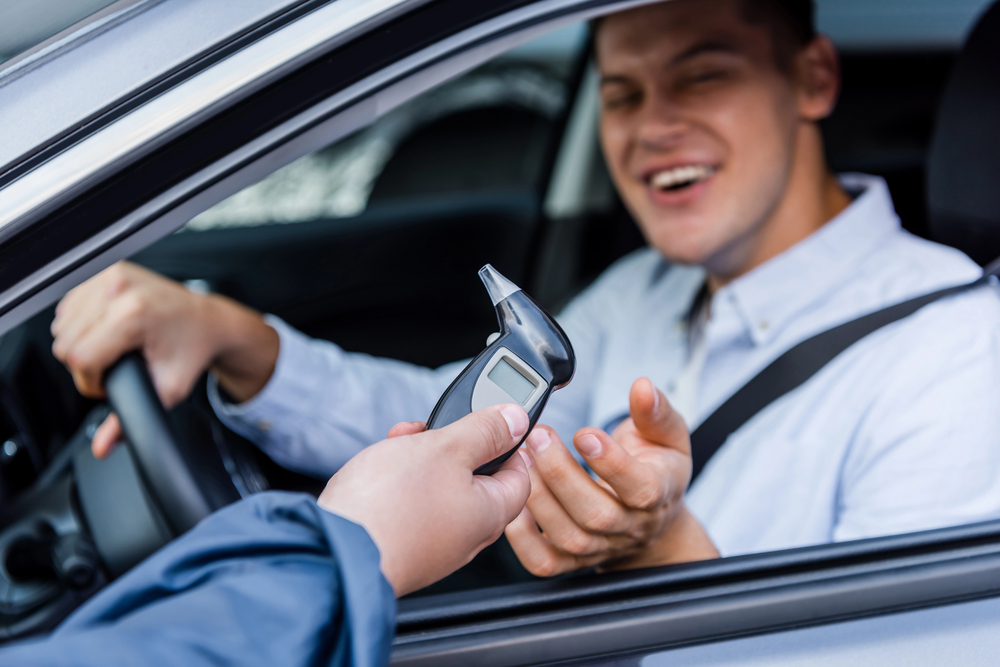
Two people posing as plainclothes officers may approach you, claiming to check passports for drugs or counterfeit currency. They flash fake badges quickly and ask to see your wallet or ID. Once it’s out, they’ll find a way to grab some cash or slip your card into a skimmer.
Real police rarely ask tourists for random wallet checks without cause. Stay calm, insist on going to the nearest station if it seems suspicious, and never hand over valuables on the spot.
The Overbooked Hotel Trick

A taxi driver might tell you that your hotel is closed, full, or under renovation—then offer to take you to a different one. What they don’t mention is that they get a commission from the second hotel, which is usually lower quality and higher priced. Even if it sounds believable, don’t change your plans on their word alone.
Call your hotel directly or visit in person to confirm before making any switch. Many of these setups target tired travelers just arriving from the airport.
Like Travel Pug’s content? Follow us on MSN.
Friendly Locals Offering a Tour

You meet someone friendly who offers to show you around the city or recommends a great place to eat or grab a drink. It seems genuine—until the bill arrives and it’s outrageously high, with a portion going to your “new friend.”
This scam plays on your trust and the excitement of connecting with a local. Politely decline unsolicited invitations and stick to places you’ve researched or that come with trusted recommendations. Being sociable doesn’t mean being naïve.
Closed Attraction Diversion
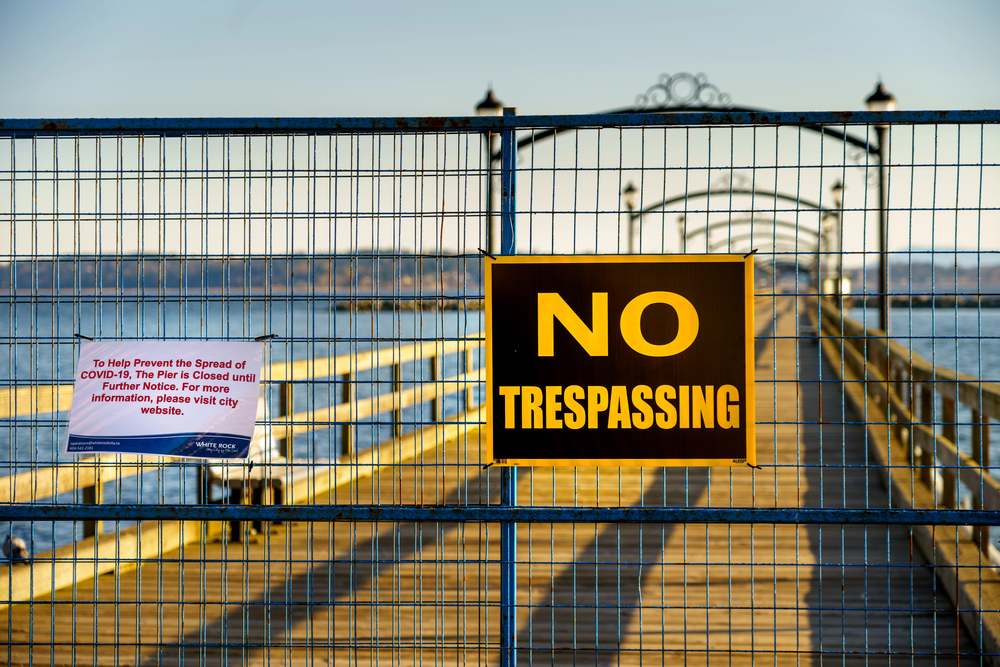
Outside a famous site, someone might tell you it’s closed for the day—then suggest an alternate activity or tour. This person usually works with a driver or guide nearby who’s ready to take your money for a trip that’s either overpriced or not worth it.
These scammers bet on you not checking for yourself. Always walk to the official entrance or look up hours online before believing someone on the street. Tourist spots rarely close without notice.
Fake Wi-Fi Networks

You sit down at a café and see several open Wi-Fi options—one named after the location, others with slight spelling differences. Connecting to the wrong one could let a scammer spy on your activity, stealing passwords or banking info.
It’s called a “man-in-the-middle” attack, and it’s surprisingly easy to set up in public areas. Ask the café staff for the correct network name and use a VPN when possible. Just because the internet is free doesn’t mean it’s safe.
Like Travel Pug’s content? Follow us on MSN.
Currency Exchange Switcheroo

You agree on a fair rate at a local exchange booth, but once the cash is handed over, the clerk distracts you with small talk or a calculator trick. Before you realize it, you’ve been shortchanged or given expired or useless bills.
These scams rely on rushed transactions and unfamiliar money. Always count the bills slowly, double-check the math, and don’t let anyone rush you. If possible, exchange only at banks or official exchange counters inside airports.
Fake Souvenirs
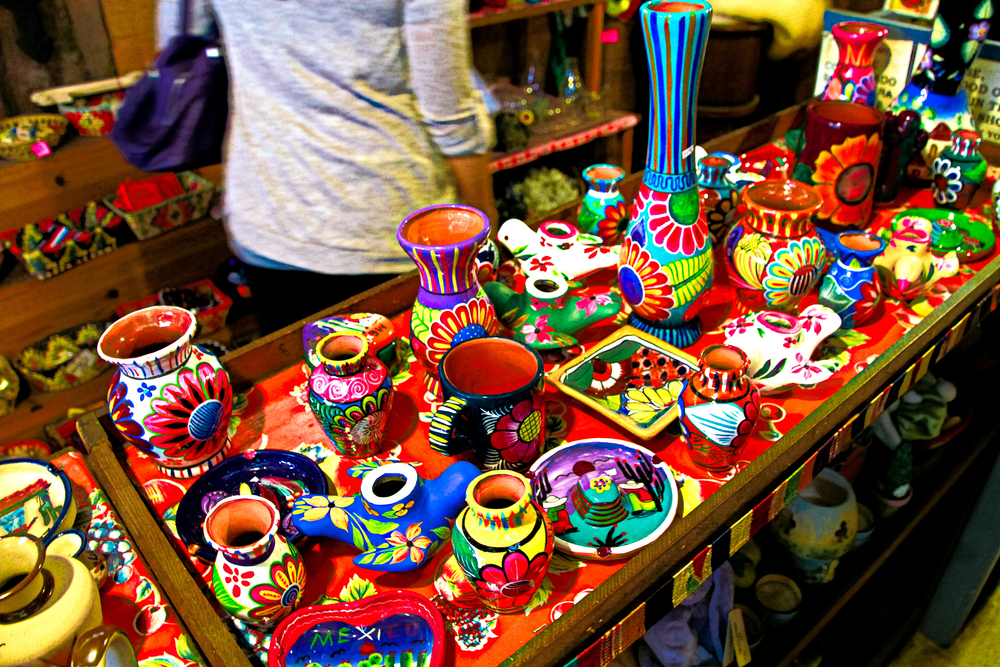
That handmade item you bought at the artisan market might actually be mass-produced in a factory miles away. Sellers often claim their products are locally made or one-of-a-kind to justify high prices. While some goods are authentic, others just ride the tourist hype.
Look closely at the materials, ask specific questions, and compare prices at a few stalls before buying. The key is not avoiding souvenirs—but avoiding being fooled by clever sales talk.
Photo Opportunity Trap

You’re invited to pose with a person in costume, an animal, or in front of a backdrop, often in busy tourist zones. It seems fun and harmless until someone aggressively demands money afterward—sometimes more than once if multiple people were involved. The experience quickly turns from lighthearted to uncomfortable.
If you didn’t agree to a price up front, walk away firmly. Not every smiling street performer is looking for a tip—they’re often looking for a payday.
Like Travel Pug’s content? Follow us on MSN.
Tampered ATM Machines
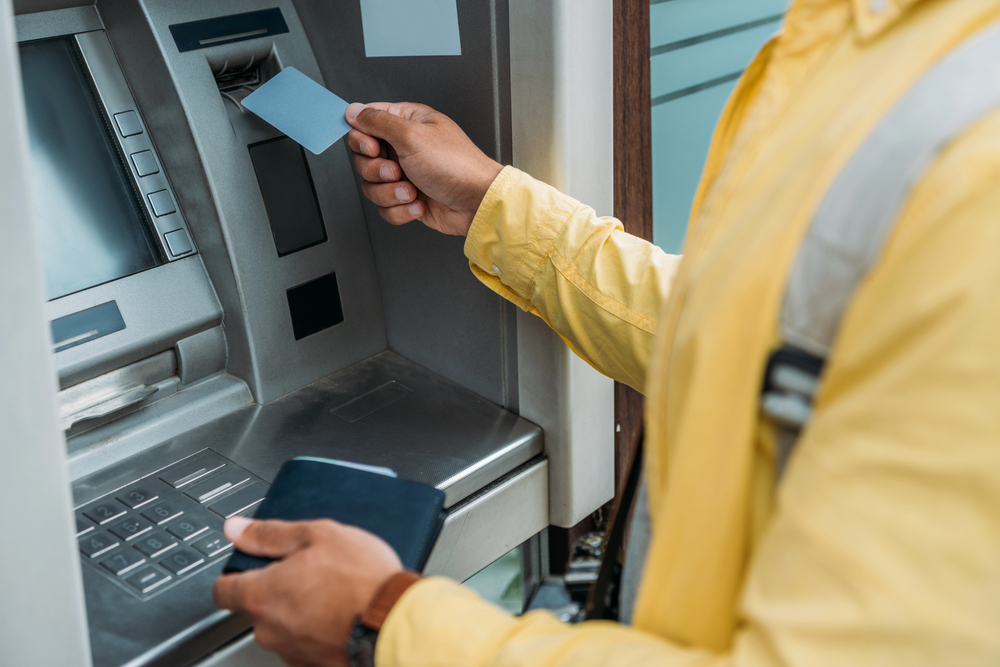
That convenient ATM near your hotel might have a skimmer attached to steal card data—or a tiny camera to capture your PIN. You won’t notice until charges show up days later. These machines often look normal but are placed in poorly lit or unmonitored areas.
Use ATMs inside banks when possible and always cover the keypad when entering your PIN. Quick convenience can turn into a serious financial headache if you’re not cautious.
Beggar Child Distraction
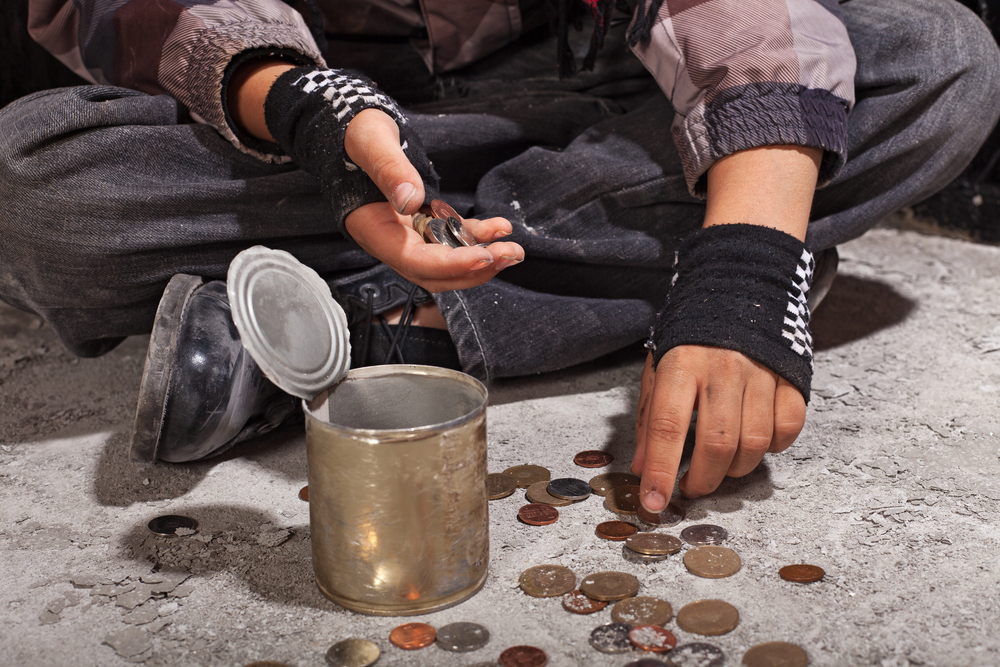
In some cities, groups of children are sent to crowd around tourists, asking for food or change. While your attention is on them, someone else might be quietly unzipping your bag or picking your pocket.
The setup is emotionally charged and designed to overwhelm you. It’s hard to walk away, but it’s often part of an organized scam. Stay alert, keep bags zipped and in front of you, and don’t let guilt cloud your judgment.
Fake Petition Scam

You’re approached by someone asking you to sign a petition for a cause—often involving the deaf community, animal rights, or environmental issues. Once you sign, they demand a donation and may get aggressive if you decline. The paper is just bait to get your attention and make you feel obligated.
Legitimate petitions don’t usually come with cash pressure in the street. Walk away without engaging, especially in areas near major landmarks.
Like Travel Pug’s content? Follow us on MSN.
Luggage Helper Trick

At train stations or airports, someone may offer to help with your bags, only to demand a tip—or worse, run off with your things. These scammers act fast and look confident enough to seem like staff.
Even a moment of hesitation can be costly. Refuse unsolicited help firmly and always keep your belongings close. It’s better to look a little rude than to end up empty-handed.
Why Awareness Is Your Best Travel Buddy

Even the most charming destination can be home to clever scams—and not all of them look like trouble at first. The common thread in many of these is distraction, pressure, or a fake sense of urgency. Staying calm, trusting your instincts, and taking your time can stop a scam in its tracks.
Knowing what to expect gives you a big advantage when navigating unfamiliar places. While travel is all about exploring, there’s no harm in doing it with your eyes wide open.
More from Travel Pug

- 20 Best Beach Towns in the Carolinas
- 13 Destinations Where Tourists Regularly Regret Their Trip
- 20 Things You Actually Get in First Class
- 20 Small Airports With Aviation Museums
- 20 Places in the U.S. That Are Perfect for a Reset Trip
Like Travel Pug’s content? Follow us on MSN.
